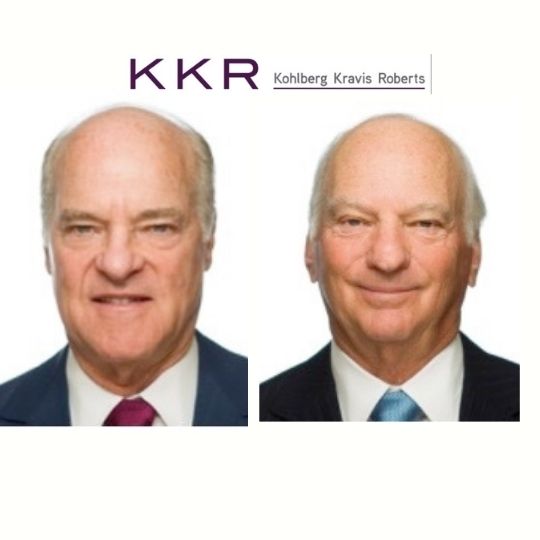
Inequality.org: A Smiling Sayanora from Private Equity’s Pioneers
January 6, 2022
Inequality.org reviewed the damages caused by Henry Kravis and George Roberts, the billionaire founders of KKR, “America’s first nationally celebrated “private equity” giant” as they step down as the company’s co-CEOs.
According to Inequality.org, Kravis’ and Roberts’ KKR portfolio currently holds assets valued around a half a trillion dollars and they both personally now rank among America’s 100 richest people.
Meanwhile, of the private equity industry broadly:
“In one niche of American economic life after another, private equity kingpins like Kravis and Roberts have been hollowing out the hopes of average working people and the communities they call home.”
Examples of this havoc include facts like 10 of the 14 largest retail bankruptcies since 2012, are private equity-owned retailers.
Or that 27 of the nation’s 38 surviving retailers with the weakest credit profiles in 2020 are owned by private equity firms.
The article reported that almost 12 million Americans, 7 percent of the nation’s workers, are employed by companies owned by private equity. According to Inequality.org, private equity takeovers have cost over 1.3 million U.S. workers their jobs in the retail industry alone.
Additionally, the article detailed how private equity firms now own 11 percent of the nation’s nursing homes, which “has coincided with cost cutting, declining quality of care, and increasing violations discovered in government inspections.”
It also cited another study that found private equity nursing home ownership “increases the short-term mortality” of Medicare patients by 10 percent, a dynamic that over the 12 years studied led to over 20,000 premature deaths.
Inequality.org noted that the American Prospect’s David Dayen said private equity firms ‘seem to have a particular affection for collecting some of the nation’s “worst businesses,” outfits that range from for-profit colleges and payday lenders to bail companies and detention camps for children.’
The New York Times’ coverage of PESP’s fossil fuels report was also cited, as the fossil fuel industry is “the latest unsavory addition to private equity portfolios.” It reported how private equity funds are “buying up offshore platforms, building new pipelines, and extending lifelines to coal power plants.”
Inequality.org shared from PESP’s report how KKR has become a major player in the fossil fuels industry, as it “recently redoubled on fracking.”
Private equity firms like KKR have been picking up fossil-fuel assets on the cheap, exploiting the eagerness of publicly traded oil companies eager to ditch their dirtier holdings in the face of growing public pressure. Sales to private equity firms let Big Oil look more environmentally conscious, but the environment — and the 17.6 million Americans who live within a mile of an active oil or gas well — get no relief.
The article concludes how even with increased oversight from Congress, the private equity industry model of making the very rich get even richer, leads to a highly ideological social movement that comes out of the modest conglomerate craze of the 1960s” and the junk bond mania that followed soon after. The essential lesson private equity’s pioneers gained from these episodes: Go for it. Get everything you can grab.
